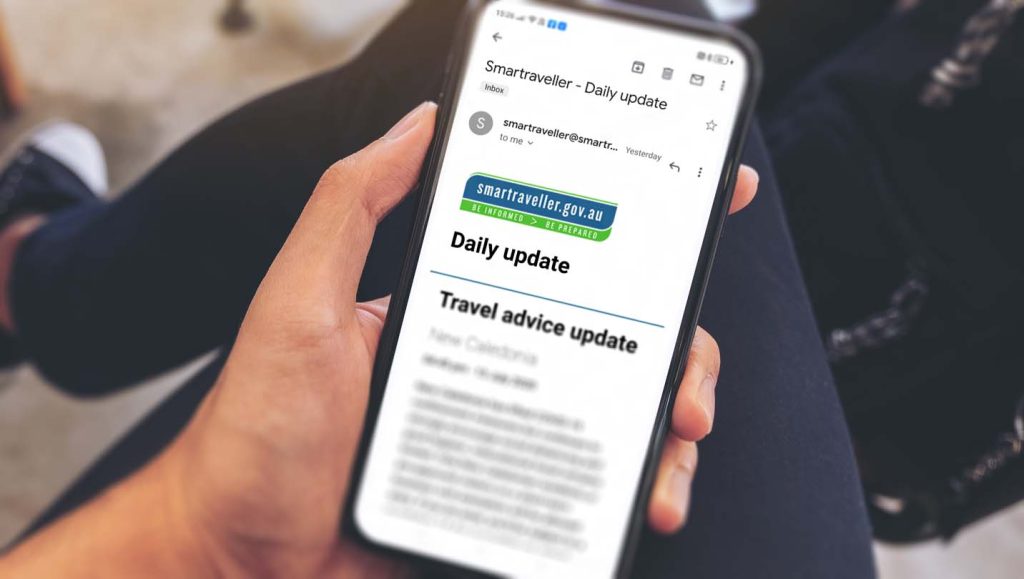If you’ve lost your documents while on a business or holiday trip in Somalia, there are a few things to keep in mind. Foremost, try not to panic! It’s natural to feel confused when you lose valuable stuff like documents, but too much alarm will interfere with your thinking process and cause even more stress.
Steps to Follow After Losing Your Documents in Somali
Once you’ve maintained your calm, try to find out whether someone else has your documents. Sometimes you may misplace your items in taxi cabs or at hangout spots you frequently visit. If you can’t find the documents even after conducting a thorough search in the places you’ve visited, here are some steps to take.
1. Seek Help on Social Media
While travel documents are easy to replace, some, like business contracts and case studies, aren’t easily replaceable. Unless you have soft copies of these crucial documents, you’ve no option but to try hard to find the original copies. Fortunately, you can leverage social media to reach many people in a short time. Use the hashtag #lostdocuments in a post or tweet to see if you’ll find someone who might have seen your documents.
2. File a Police Report
If you still can’t recover your lost documents and do not know who to turn to, the best thing to do is file a police report. This will help you and others track down the person who has them. The standard practice across many countries is that you should report cases of theft or loss to the local police. A police report will vindicate you if someone uses your lost documents for identity theft or fraud. It will also provide sufficient proof when filing a claim with your insurance provider.
3. Ask for a Copy of the Police Report
Ask the police for a copy of the investigation report. You’ll use your copy in the following steps, while the police will use theirs as a reference for investigators. If you’ve lost your passport or any other crucial identification document, you’ll need a copy of the police report when applying for a new one.
4. Contact Your Embassy
You may also need to contact your embassy in Somalia, especially if the lost documents are essential for travel purposes. Call or visit the embassy and explain the situation. Ask for help or advice on what to do next. You may also want to ask them if they can give you some guidance on how important this document is or whether losing it would be detrimental giveme5.
5. Seek Translation Services if Necessary
Somali is the official language throughout the Somali region, and most documents, including witness statements and the police report, will be in that language. The departments of foreign affairs and Immigration can provide translation services on request but with some restrictions per the policy guidelines set by that ministry. Local translators can also offer this service but at a higher price due to the scarcity of such professionals in the region.
The easier alternative is to hire online experts to help you with the job. They not only offer professional Somali-to-English translation services but also have a deep knowledge of Somali culture and laws. And since you’ll have a bigger pool of experts at your disposal, this option is cheaper, too.
Conclusion
Dealing with the loss of documents or any other valuable personal property while traveling is a tough situation to be in. But if you follow the above tips, we believe it will be easier for you to either recover your papers or replace them without much trouble!

